United Bicycle Institute
Bicycle schools are becoming increasingly popular worldwide. For many it is the self-realization dream that makes them enter: the desire for owning a bike they themselves have built, or simply wanting to be able to fix their own bike. For others it is a career path.
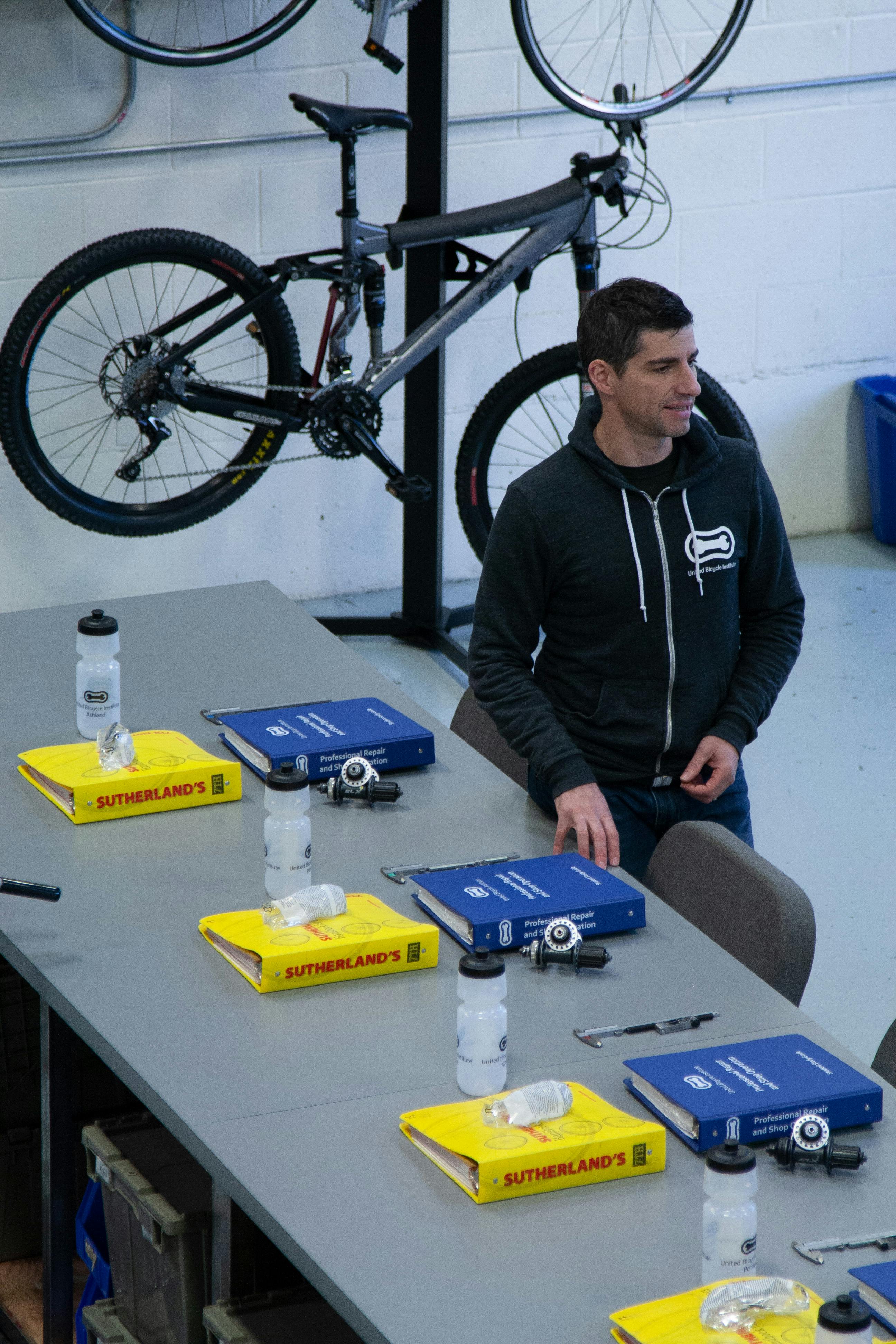
Text: Silje Strømmen
Photos: Mari Oshaug
Name: Stephen Glass
Occupation: Operations Manager, United Bicycle Institute
Background: Started as an instructor at the Ashland campus 10 years ago. Moved to Portland in 2009 to set up their Portland campus.
United Bicycle Institute (UIB) is “the industry’s leading technical school”, offering courses in repair, frame building, and mechanic certification for beginner to advanced technicians. We visited their Portland campus and had a chat with Operations Manager Stephen Glass about their courses, their typical pupil and the importance and the future of bike schools.
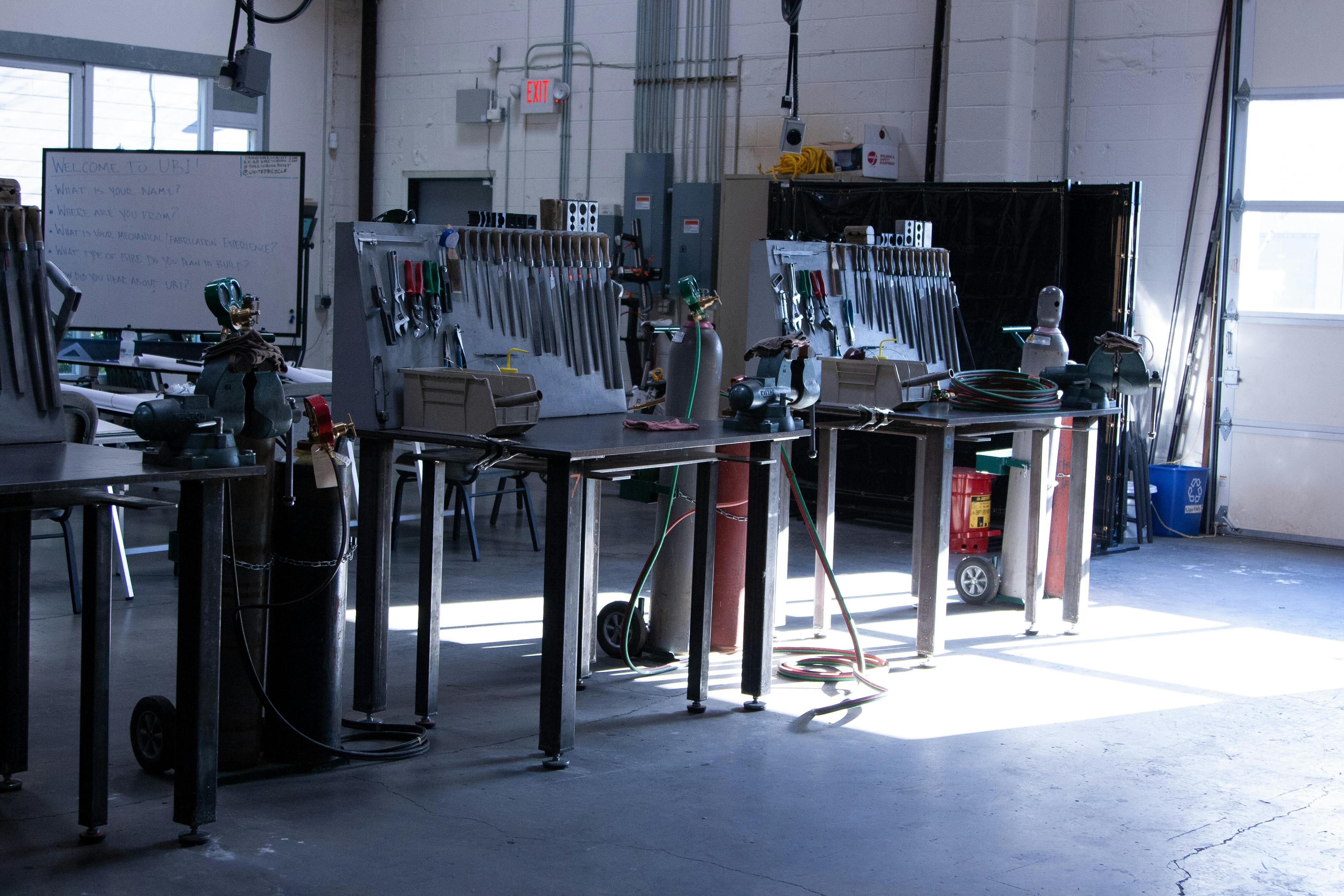
On their courses: Our goal is to get our pupils started and for them to get a solid foundation. We are a licenced career school. A lot of our courses fall under that license, but we also have some continuing education seminars that fall outside of that license, which gives us a little more freedom to (experiment) with the curriculum. We offer courses in mechanics and frame building, and every class has a healthy balance of lecture, demonstration, and practical hands-on experience. In total we have three months of classes, but the single class duration range from two days to two weeks. The resources that we have available for our student are pretty deep.
The students who come here gets a broad perspective on what the process is. Ultimately the core in the Institute’s mission statement is that it is supposed to be fun while informative. We try to keep it light hearted. We cover everything in a very effective way. It comes down to what works for each individual. The students get a lot of support from the staff every step of the way.
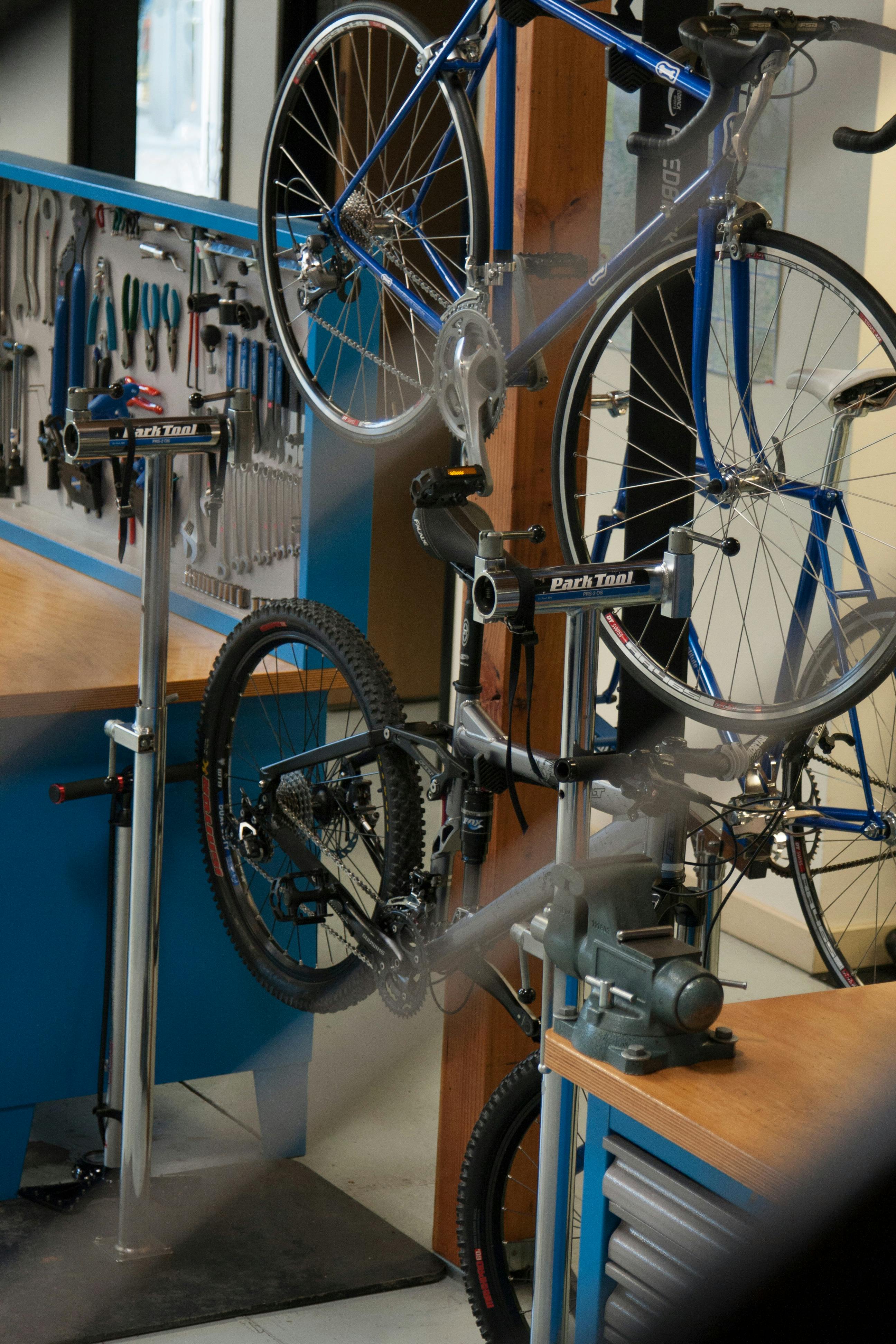
On their pupils: I would say that 50 percent of our pupils come here because bicycles is something they want to work with, while the other 50 percent is here for “rock and roll camp” – they just want to build their own bike, or to be more sufficient when working on their own bikes.
There is however no separation between the two in the classroom. The ages are all across the board – from 16 year olds in mechanics to 30 – 40 year olds in frame building. Right now we represent 44 countries, with pupils from Singapore, Canada, Asia, India and Australia. A good percentage of the people coming in dream about having their name on a frame, but I think the reality is that it is a tough business. There are not a lot of jobs in bicycle design, while it in mechanics is pretty broad. Here in the States we are now seeing a change in the industry with a living wage, and working with bikes is becoming a viable career. We have a placement rate of 70 % of our pupils finding jobs after they leave.
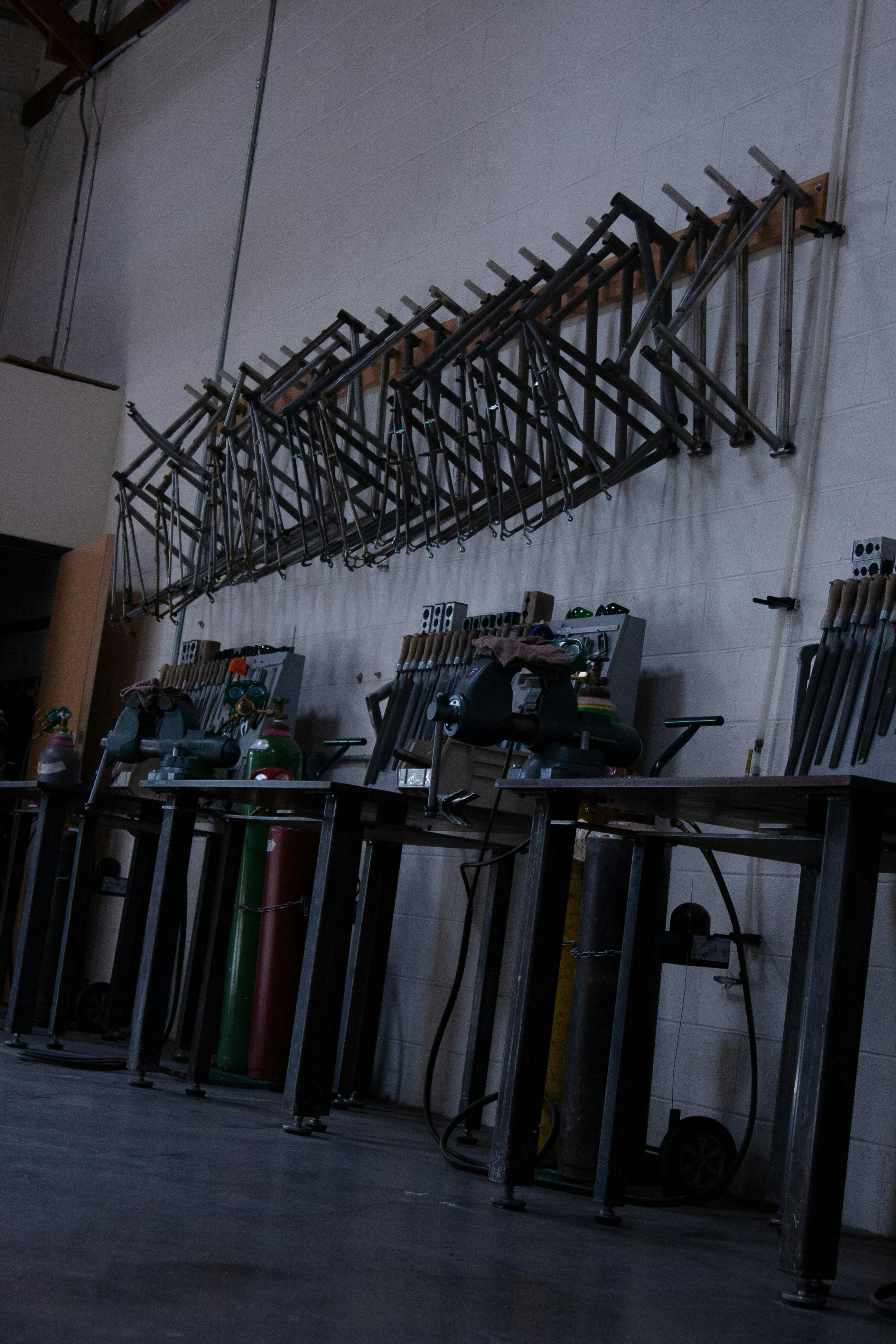
On their place in the Portland bicycle scene: We are a resource. If someone needs a good informed answer they can come to us. I have lived in Portland for 6 years and I feel we provide a technical resource for one to understand the whys and how’s of bicycle mechanics and frame building. If someone is attending for vocational reasons we provide the tools for one to acquire the foundational skills to work in a shop. If someone is here with a goal of being an artisan frame builder, they will learn a repeatable process to build a safe functional frame, which is critical to perfect before the art can be applied. We help facilitate that dream that some may have.
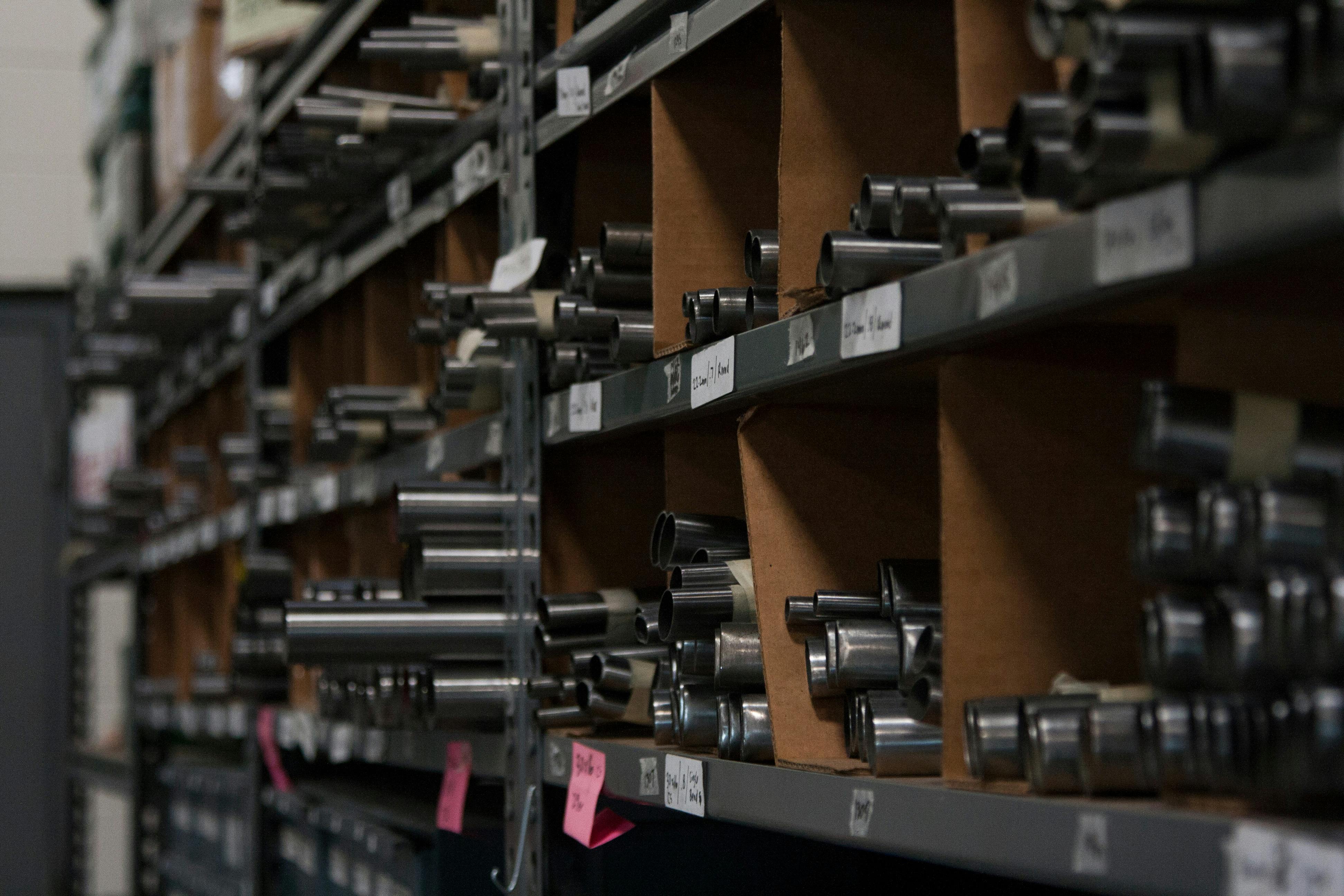
On the future of bicycle schools and the bike industry: Education is really important and it is growing. There is a big push for education in the industry. Institutes and schools are popping up, and that is great for the industry as a whole. An educated mechanics is a better mechanic. It has always been so tribal: “where did you learn this?” “Oh, the old dude in the back of the shop told me”. Education will ensure that the process is sustainable. For UBI we are looking at shorter classes, two-day seminars and Alumni classes in frame building.
A problem for us here in the States is that we don’t really view the bicycle as a tool and we are trying to reconfigure how to sell bikes to the same people. That doesn’t bring new people into the industry and it is not going to broaden it. Where I see growth is answering the question “how to get the people who would not traditionally ride bikes onto bikes?” We also need to push professionalism, and that is a field that we see a lot of people already passionate about.
To find out more about the United Bicycle Institute, please visit bikeschool.com.